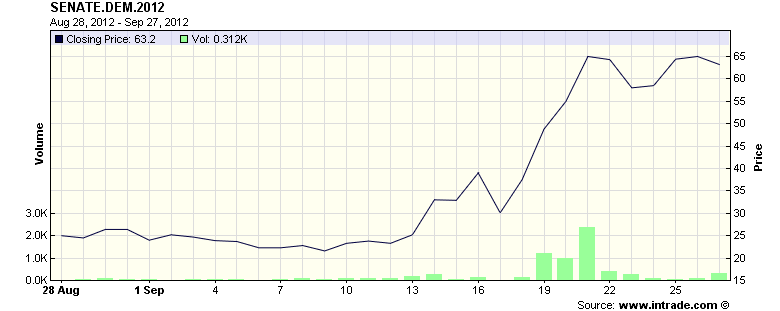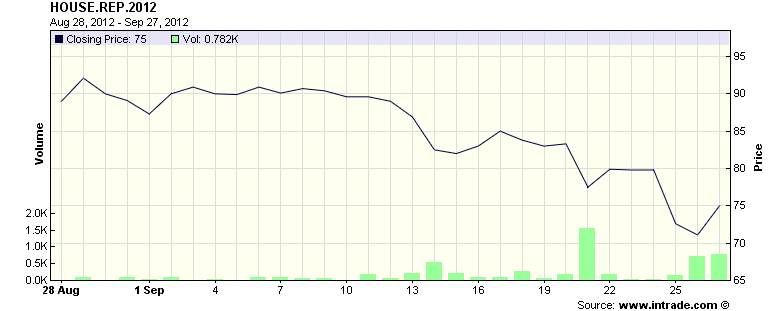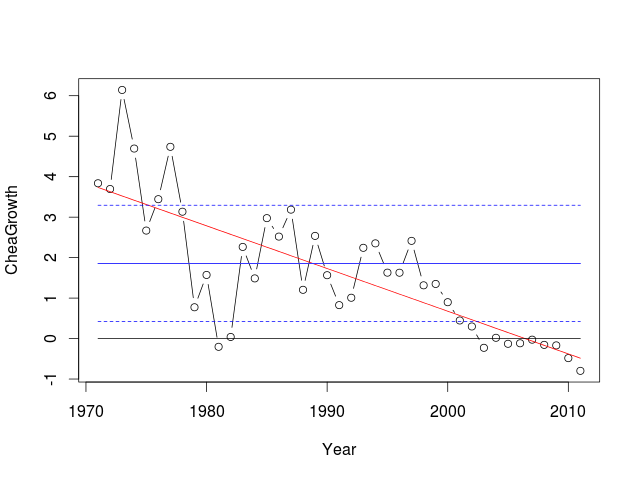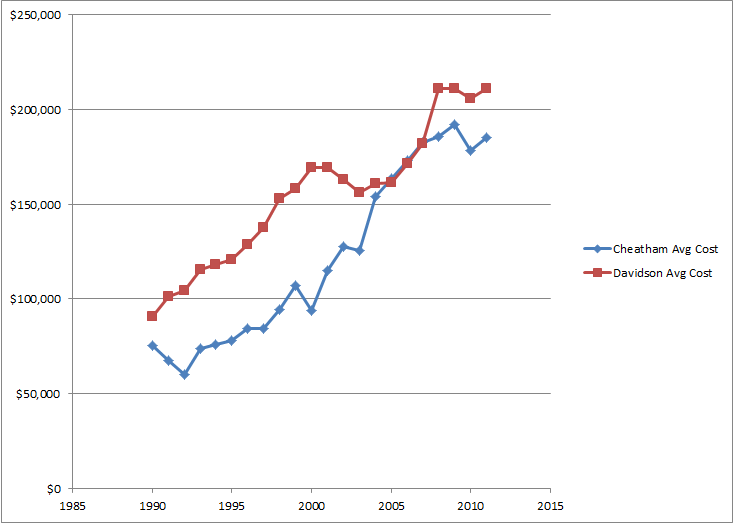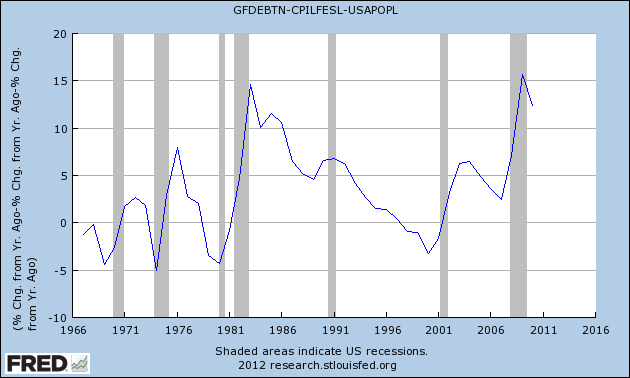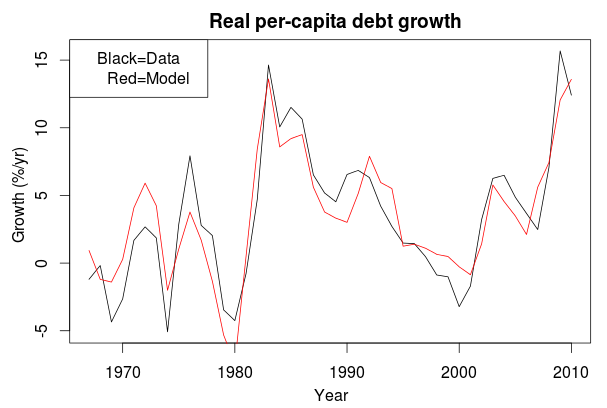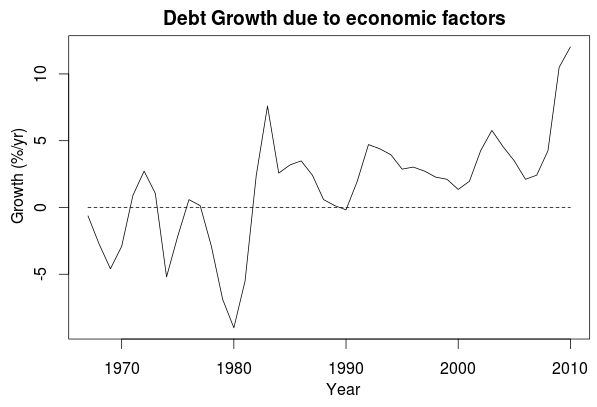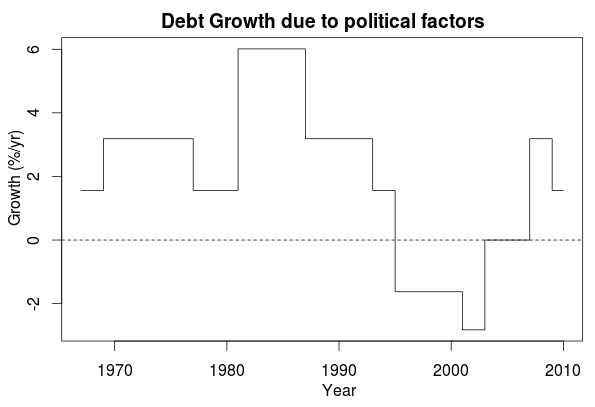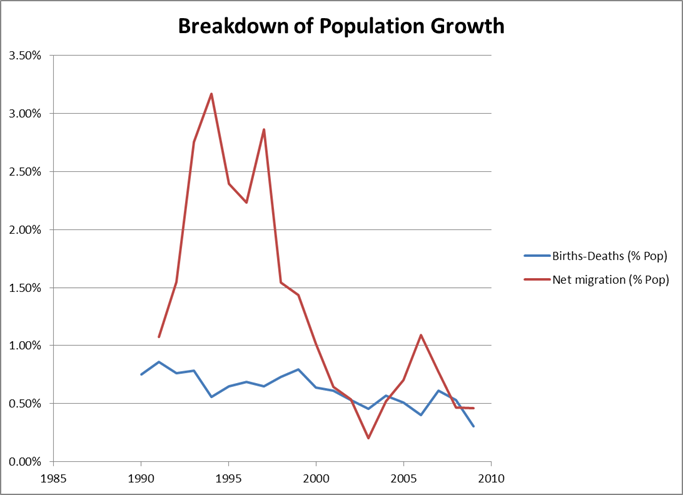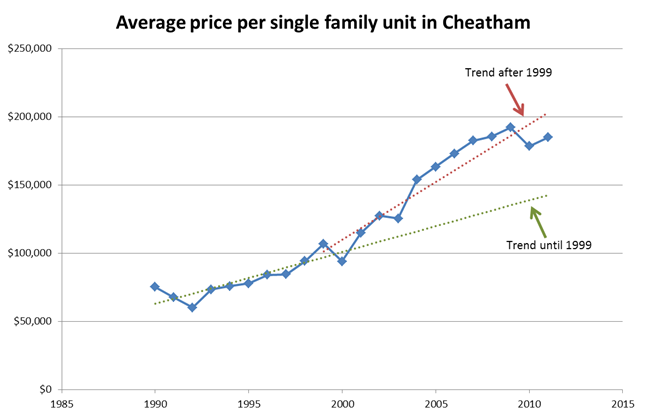A sentence you never hear in America is “I wonder what the smart people think we should do.” — Scott Adams, creator of “Dilbert”
People aren’t dumb. In fact, I find that most people are actually a lot smarter than they give themselves credit for. But humans have biases, irrationalities, misconceptions, and other cognitive glitches that do sometimes make you wonder (and occasionally drive me bug-nuts).
- Opinions are subjective: “I think red is prettier than blue.”
- Facts are objective: “2 + 2 = 4”.
You can argue all day which color is prettier because there is no absolute right or wrong answer. On the other hand, if you think “2 + 2 = potato”, that’s not your opinion, you’re simply incompetent.
Most people understand that, most of the time. But election season is always the exception that proves the rule.
If I asked people to rebuild a jet engine that they would then have to bolt to a jet and fly across country on, 99% of them would run for the exits. Rebuilding jet engines is complex and takes years of study to get right so you don’t crash in a cornfield. The iron laws of physics don’t care a whit about your opinions. Not surprisingly, most people understand this.
If I asked the same people how to fix the economy knowing their jobs and wealth depended on it, 99% of them would start passionately regurgitating whatever ideas they’ve heard on Fox News or Mother Jones which, by a staggering coincidence, just happened to coincide with what they themselves believe. Economics is a complex, often paradoxical field (that’s why there’s a Nobel Prize in economics), and like physics doesn’t care a whit about your opinions in the real world. Surprisingly, people *don’t* understand this.
(The same phenomenon happens in other fields. People who understand they aren’t qualified to diagnose a medical case of megaloblastic anemia, consider themselves constitutional scholars when the Supreme Court releases a decision they disagree with.)
Now realize that a) these people vote, b) they often don’t know what they’re doing, c) because of that, they often vote for politicians who don’t know what they’re doing either, and d) because of their sheer numbers, your personal fortunes as well as the country’s fortunes will often be dictated by them. That’s when it starts to Get Real.
That’s why education and good teachers are incredibly vital, both for the individual’s sake and for our society as a whole: because it lets you see lies for what they are, both the lies other people tell you, and the ones you tell yourself. A good education is a mental vaccine against stupidity.
I *think* I have a good grasp of economics. But I *could* be deluding myself. But since I have A’s in the economics classes I’ve taken, it means other people with Ph.D.’s in economics also think I have a good grasp. That’s a reasonable sign that I actually *do* have a decent idea what I’m talking about and am not simply deluding myself.

My Vandy MBA econ grade. Thanks Prakesh…
But education in itself is insufficient. I’m a big believer in listening to differing view points and dissenting opinions because it makes you *test* your beliefs. Because sometimes you’re wrong and the other side is right.
There are very smart conservatives like David Frum, Bruce Bartlett, Ryan Avent, and Richard Posner, and very smart liberals like Ezra Klein, Paul Krugman, Jared Bernstein, and Felix Salmon. Whether you agree with them or not, they’re worth following because when they’re right it will rub off on you, and when they’re wrong, they’re often wrong for very thought-provoking reasons.
On the other hand, there are also some blisteringly stupid politicians and commentators out there who do a very good job of lowering our society’s collective IQ. I don’t mean “stupid” in the sense that “I don’t like what they say”, but in the sense that anyone with a pencil, paper, and a basic understanding of arithmetic and logic can disprove them on a regular basis. Their goal is not enlightenment, but rabble-rousing, either because they’ve drunk their own Kool-Aid, or because rabble-rousing has made them wealthy and powerful.
And there are a distressing number of these types <cough>Glenn Beck<cough> taken seriously by large swaths of the public, who do not in fact have the first clue what they are talking about. They wear expensive suits, have well-coiffed executive hair, are well-known and regularly appear in the news media, defend their beliefs with pulpit-thumping conviction, and are complete utter idiots.
In my fantasy world, any time someone in the media offered their opinion on academic subjects like economics or government policy, they would first have to state the grades they got in that particular subject. It’s the educational equivalent of having the Surgeon General’s warning on a pack of cigarettes.
(In my even-more-fantasy world, this wouldn’t be necessary because kids in high school would be required to pass economics and politics before they were allowed to get their drivers license and so could tell when the Emperor had no clothes.)
I don’t pretend to have all the answers myself, I’m not 16 anymore… But I wish people would think differently about the questions. Sometime this fall, when a politicians says “We can’t elect Kim Kardashian to Congress because she’ll impose Sharia law” or “Austerity will help our economy the same way that dieting helps Ethiopians”, ask yourself:
- Does the question they’re answering have a subjective or objective answer?
- If it’s objective, then is the candidate’s answer actually right?
- How do *you* know for sure? Could you be wrong?
“Education is a better safeguard of liberty than a standing army.” – Edward Everett
 The Democrats are forecast to maintain control of the Senate:
The Democrats are forecast to maintain control of the Senate:
